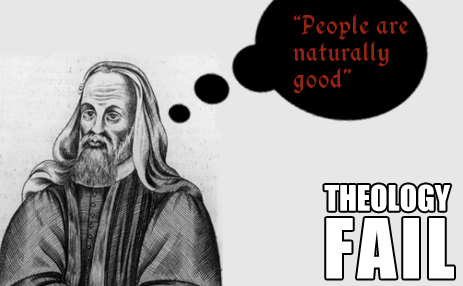Don't waste yourself.If we are predestined then our "choice" is not exactly a choice is it?
The power of "NOW" always begins with God. God creates Time and He is the "Present". No one really lives in the present. You have to be created first to exist. They live in nano micro split seconds after the present. meaning they only think a touch too late and takes them way too long to recognize the moment. The free will bullies only see what their slow poke brain tells them to see. They don't see God being in total charge of the present. "NOW" is the time to take it as the Bible states it. alone.
Calvinist, R.C. Sproul, writes: If there is one single molecule in this universe running around loose, totally free of Gods sovereignty, then we have no guarantee that a single promise of God will ever be fulfilled. Perhaps that one maverick molecule will lay waste all the ground and glorious plans that God has made and promised to us. ... If we reject divine sovereignty then we must embrace atheism. (Chosen by God, pp.26-27)
So yeah, if you want to think like a wise man (CLICK HERE) you might wanna say, "Choosing without choosing" or "Robots without robots".
Most wise men would say, "stop asking too many questions". If you wanna be a free willer then go ahead but you'll be living in a constant lie if you do.
The Art of Fighting without Fighting - Bruce Lee (HD) ORIGINAL - YouTube
Upvote
0



